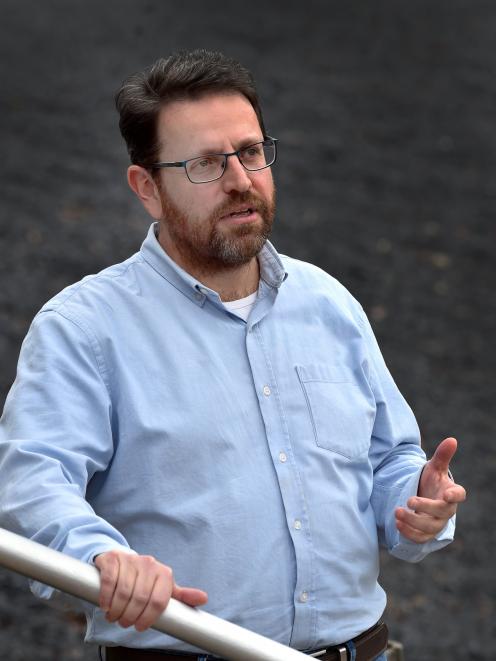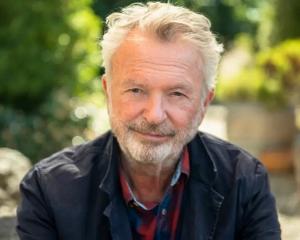
Dr Daniel Fridberg moved to Dunedin in 2014 after growing up in Nazareth.
He said he did not have a choice but to be a part of the Israeli-Palestinian conflict.
"As you grow up you can choose not to engage and not to be involved but it’s hard. You need to make a special effort because it’s everywhere."
The Israeli-Palestinian conflict became a lot more relevant to his everyday life when he chose to study conflict resolution for his postgraduate studies in 2003.
"I would facilitate encounter groups where Jewish Israeli and Palestinians either from the West Bank or Gaza come together to discuss their issues."
He worked with people at a grassroots level but also with officials, journalists, lawyers and doctors in the midst of the conflict.
He said opportunities to resolve conflict in Israel had always been there and there were still surprising connecting points that could be found between the two groups.
However, "reconciliation" was not a word that could be mentioned in mediation any more because of the rise in the levels of violence being experienced more recently.
It had been difficult for him to learn to view the conflict objectively.
"As a practitioner I’ve gone through a very thorough process of looking at it and understanding what my role in it is.
"I’m not alienating myself from it but I’m just aware of what it triggers in me.
"It’s a never-ending process in a way but it’s definitely one I’ve been going through for years."
Dr Fridberg moved to Dunedin on a scholarship to complete a PhD in peace and conflict studies a decade ago.
He has since started a peer mediation service where he trained students to mediate conflicts between their peers.
He established New Zealand’s only graduate diploma in conflict resolution at Otago Polytechnic.
At 7pm tonight he will deliver the University of Otago’s annual peace lecture at Arai Te Uru Marae.
Dr Fridberg said he would often get stopped in the corridors of the university’s centre for peace and conflict studies by people asking him to explain why Palestinians and Israelis could not stop fighting each other.
In the past 10 years he had developed a pretty articulate explanation about the conflict.
However, his lecture tonight would explain why the explanation was not good enough — because the conflict was not inevitable.
He argued New Zealand managed to avoid a just as deeply entrenched conflict around the Treaty.
"Without the decision to actually implement the Treaty here in New Zealand there is no reason why the Waikato Wars couldn’t have kept going and why the land confiscations that are happening there would not happen here."
He said prices were paid by both Pākehā and Māori — mostly Māori — to offer their children some sort of future.












